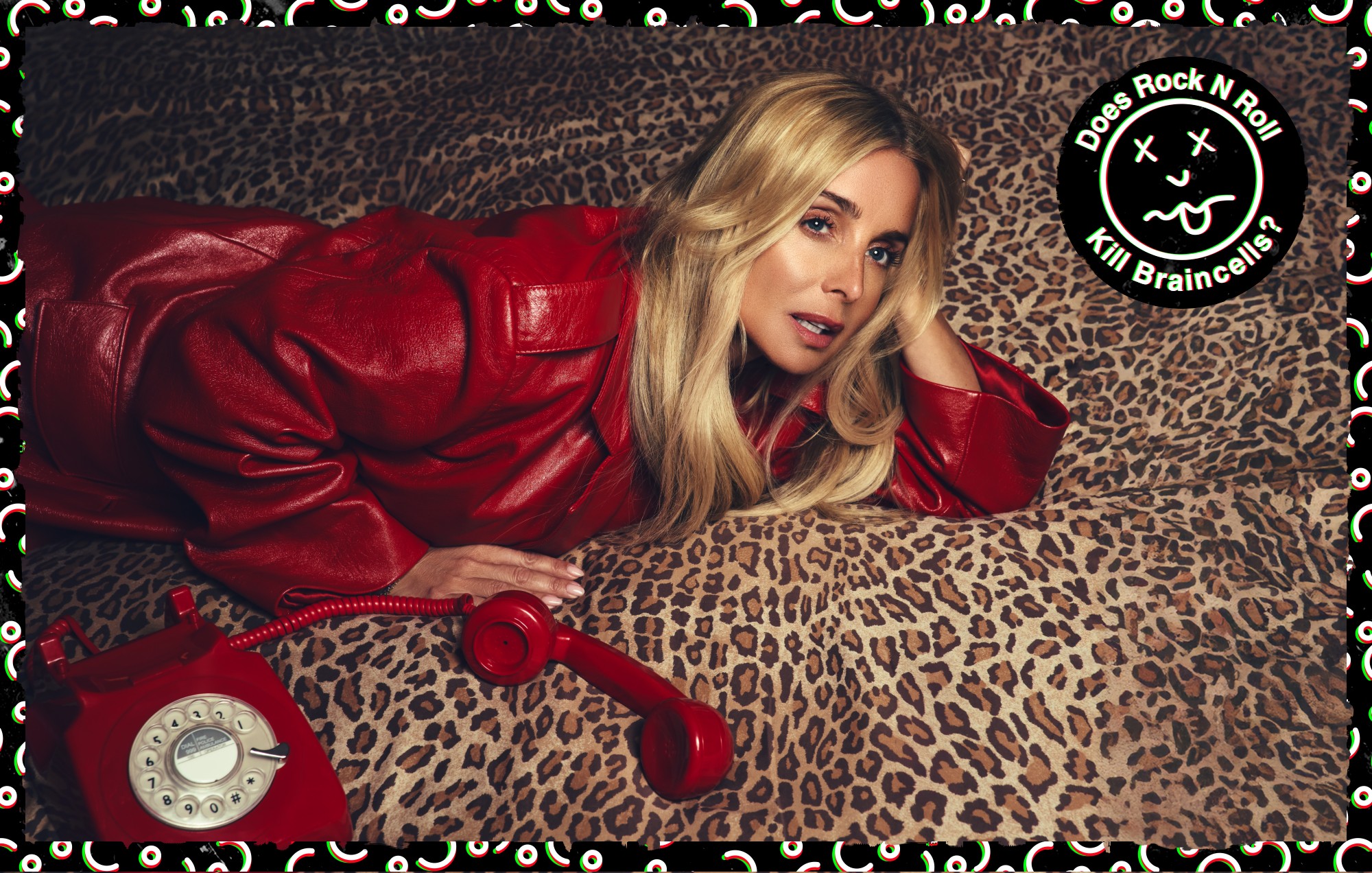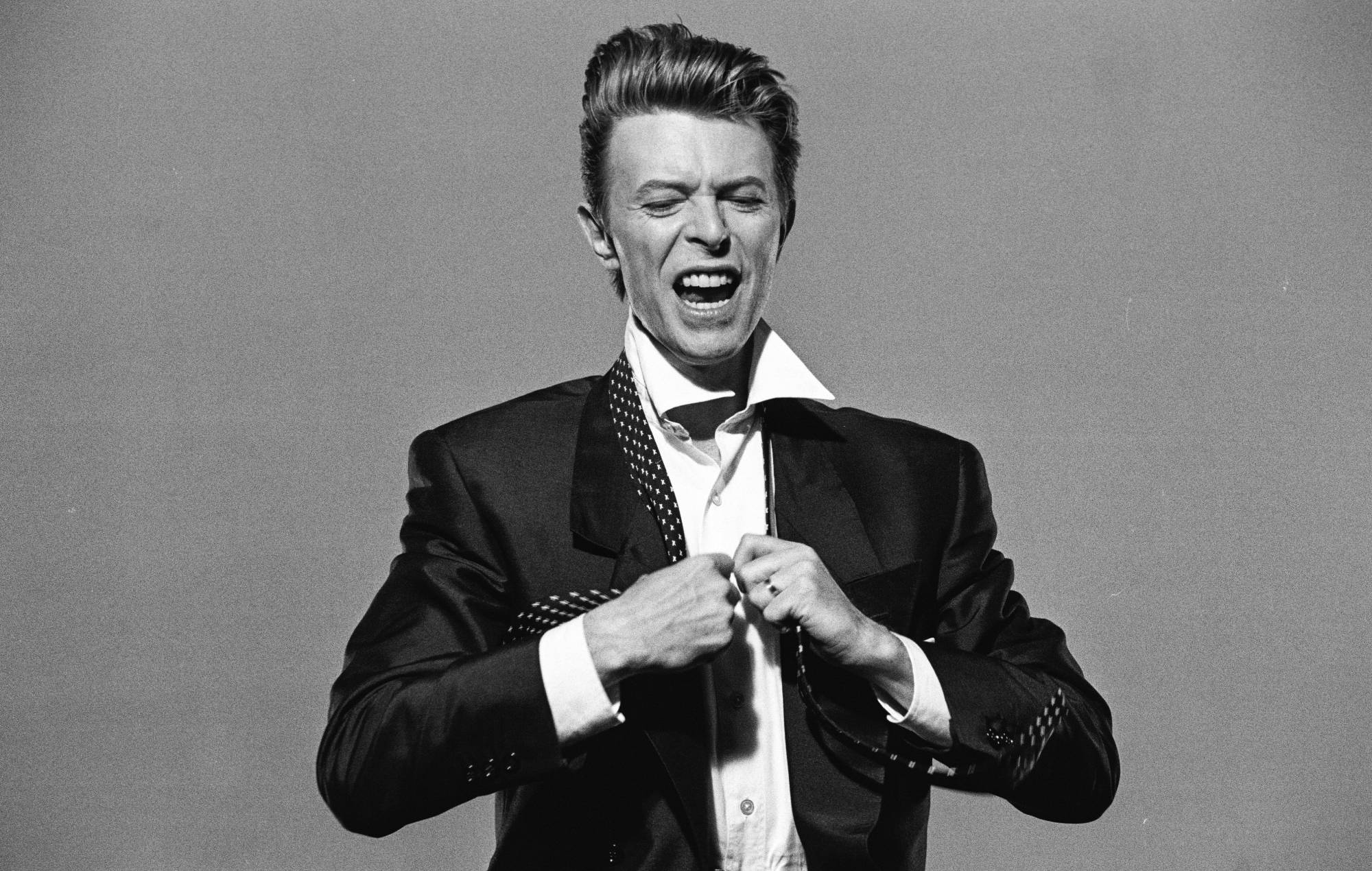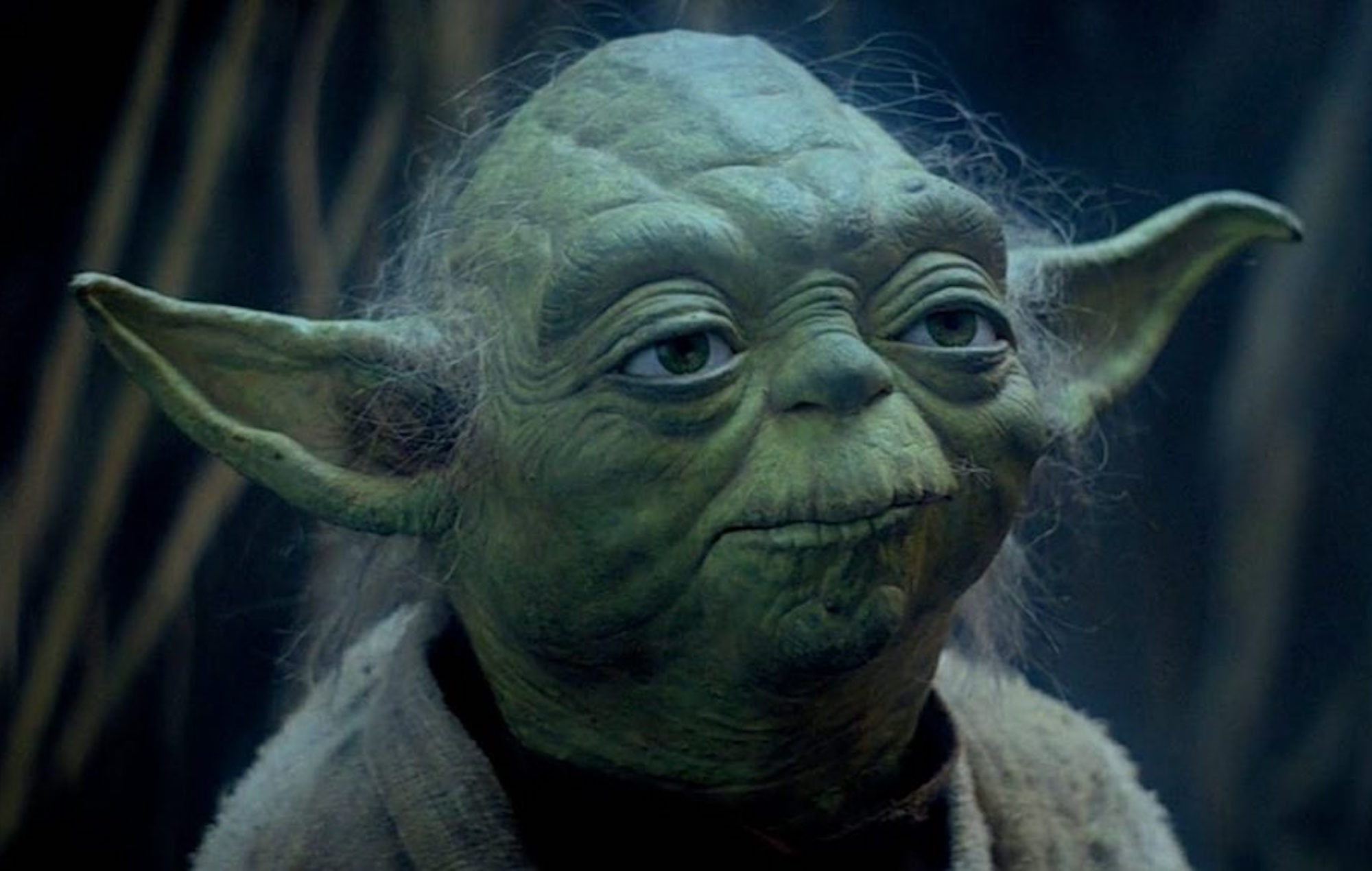If there’s one thing you should know about Janita, it’s that she’s not one for half-measures.
Hailing from Finland but carving her path in New York’s indie scene, Janita is a boundary-breaking artist who’s been rewriting the rules of pop since she first stepped into the spotlight. She’s never fit neatly into any one box: she’s a songwriter, multi-instrumentalist, vocalist, and a fierce advocate for artist rights. However, that’s never impeded her growth, with two top-40 Billboard hits and the designation of “Finland’s biggest pop star” by The Daily Telegraph serving as just two of her numerous accomplishments. With ten albums now under her belt, she’s proven time and again that her formula is simple, yet effective: bold, authentic lyrics that very few others would dare to write.
Her latest album, “Mad Equation,” is an unflinching look at today’s world, channeling everything from love and anger to determination and hope. “It’s my story,” she says, “but it might as well be the story of the whole world.”
It’s a sentiment that resonates with her ever-growing audience, a fanbase that spans continents and generations. And, she’s got a ton of fans in the press besides us here at Magnetic: Rolling Stone compares her new album to PJ Harvey and St. Vincent; Billboard calls her “timeless and sensuous,” and more and more outlets seem to agree. And now, with chart-topping singles and viral videos gaining thousands of streams, Janita’s music seems to be needed more than ever.
Today, we’re sitting down with Janita to see how she sees her music as a compass for navigating the chaos of the world. Because when the world feels upside down, sometimes the only thing left to do is turn up the volume, and tell the truth. If there’s one person who can do that, it’s Janita.
To start broadly: how do you personally navigate the complexities of the modern world, and how does music factor into that process?
Wow, what a question. The answer is: it’s frickin’ hard. Music is what makes it all possible, bearable, and meaningful for me. I cling to art and music for my sanity in the midst of an ever-changing landscape––culturally, and politically––where the lives of artists are constantly made less and less sustainable. Streaming paying artists only fractions of pennies, and the impending threat of AI to artists’ livelihoods are just two examples of the challenges we have to face. I’ll be the armless swordsman in Monty Python and the Holy Grail––fighting for the things I believe in until there’s nothing left. Ha. “Tis but a scratch!”
You’ve spoken about finding your own formula instead of following the industry’s expectations. How has that approach impacted your creative process?
I’m not making any calculations in my artistic process as to what might be popular or appealing to the masses–-instead I go about trying to create something that’s authentic to me, something that comes out of me without artifice or pretense.
It also helps that I’m the co-owner of my record label, so no one’s breathing down my neck, expecting me to create a particular kind of thing in a particular time period. Time is fleeting though, that I do know. And that in itself is a healthy deadline for me.
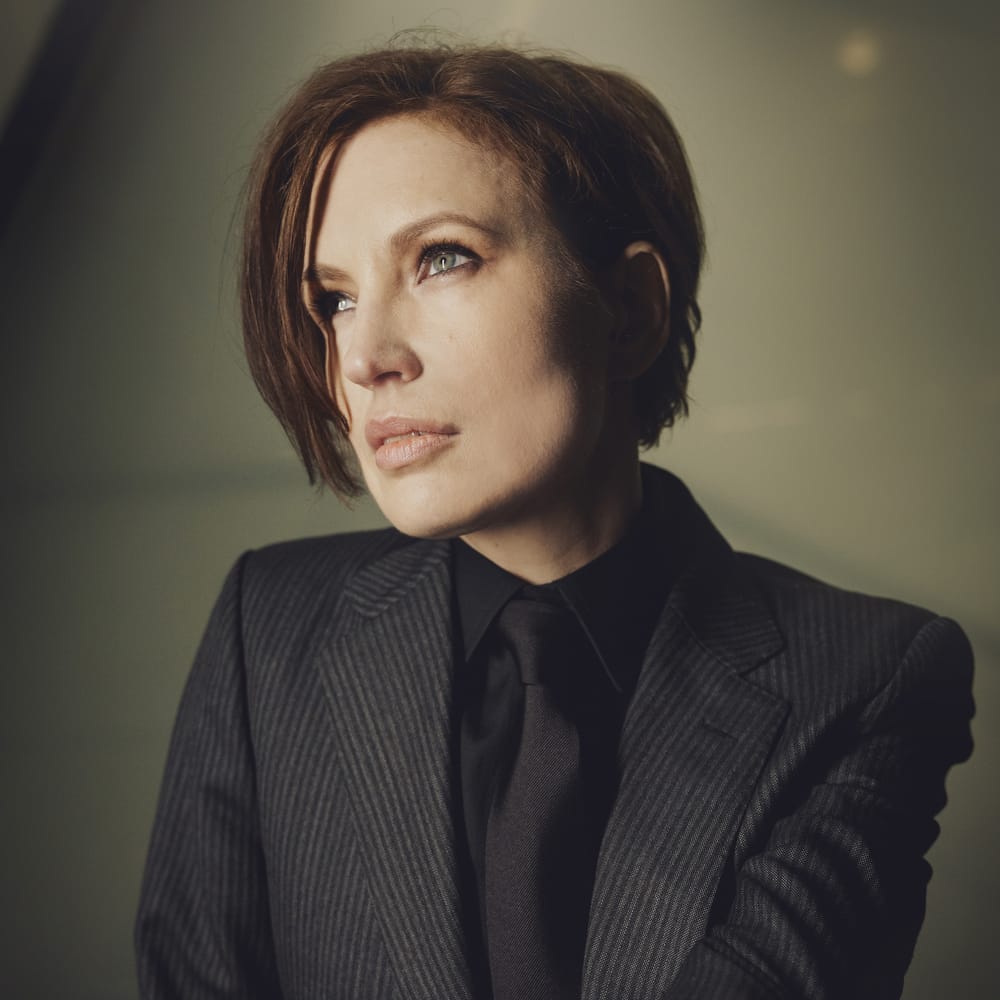
Clearly, your songs today aren’t just about one thing. How did you weave together themes of love, anger, determination, and hope into a single album?
I’m a human being––rife and ripe with all the many thoughts and emotions and experiences human beings are composed of. When I write the lyrics for an album, I’m making notes for an extended period of time, so it all comes up. Everything I go through in that period: hopes, dreams, nostalgia, the desperation I feel about politics, or the irritated or elated thoughts I have about the world around me…it all goes into the cauldron.
An album can be a snapshot of a moment in the life of an artist, and Mad Equation certainly is that for me. Albums mark time, not just in an artist’s life, but in the world writ large.
You’ve said your audience deserves the truth. In an era of curated personas, how do you maintain authenticity? And, why is it so important to “tell it like it is?”
Curated personas. Sounds disingenuous, doesn’t it? It implies something plastic, something not authentic. And yet mindful curation is required for authenticity in my opinion. When I think about some of the artists I respect the most, like Tom Waits or PJ Harvey for example, I have no question about who they are. Their lives, their music, and their art has required meticulous, thoughtful curation and the audacity to say ‘no’ to a lot of things that don’t serve them. In much the same way I’ve curated my own life, and continue to do so, by focusing things that are meaningful to me, and disregarding things that don’t speak to me.
I suppose the difference to the ‘curated personas’ you refer to is that this is not some marketing strategy put together by a team––it’s a collection of personal choices that over time lead to consistency, originality, and artistry. And I think when it comes to an artist, what’s true is always way more compelling than any dreamed up concoction made by committee would ever be.
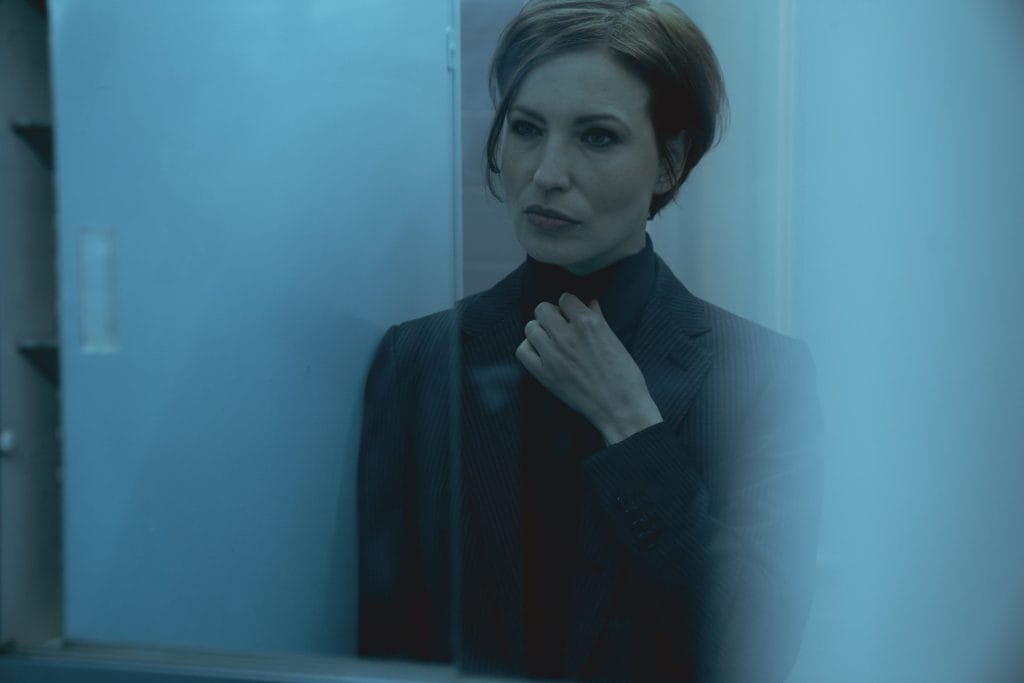
With a lot of your music focusing on the difference between what’s true and what’s not, how did that concept shape the writing and recording process?
Honestly, those kind of broad insights tend to only be available for me later on in the process when I look at the project as a whole. The overall themes of an album only emerge once the project is close to being done. I didn’t personally set out to write an album about specific subject matter. The songwriting process doesn’t benefit from that kind of analysis in my opinion––personally I like as much spontaneity and freedom as possible. I simply wrote about my life, I wrote about my thoughts and relationships, and because of the time we’re living in, and the complicated relationship we as a society have with facts and truth, those issues rose to the surface. In writing about someone close to me who’s disconnected from reality, I ended up touching on something much bigger. Specificity rings true on a universal level.
The subject matter and the lyrics certainly informed the production though; whether it was leaning into an assertive lyric with a more aggressive sound, or counteracting it with something unexpectedly softer in terms of arrangement. I like dichotomies and contradictions. They bring out depth and nuance in the production.
Lastly, in the face of today’s chaotic world, what do you hope your audience takes away from Mad Equation?
Mad Equation is a hopeful record, one of energy and determination. I think music and art are especially important right now, because of the chaos we’re dealing with in the world. There have to be places we can go to to breathe, escape, to be supported, and to feel connection. I hope that this album is one of those places people can go—to find joy, hope, and connection. Music that speaks to them, and for them.
Stream “Mad Equation” here.
The post Janita Speaks on Using Music to Navigate Today’s Complex World appeared first on Magnetic Magazine.
